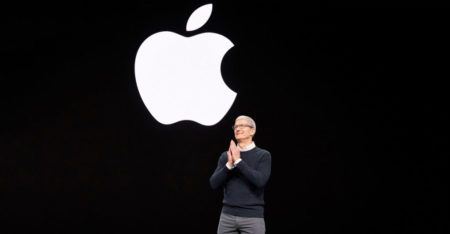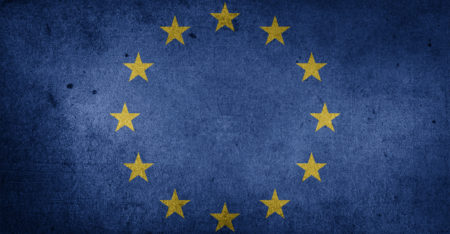Apple, facing mounting criticism of its App Store policies, has defended the platform by pointing to the small-business jobs and revenue it generates.
Browsing: Google
Apple executives previewed its upcoming mixed-reality headset to the company’s board last week.
Google’s Russian subsidiary plans to file for bankruptcy after the authorities seized its bank account, making it impossible to carry on operations.
The new features include ways for people to search for nearby items using images and identify physical objects with their smartphone cameras.
Europe’s antitrust chief, Margrethe Vestager, has called for a global approach towards Big Tech to prevent companies taking advantage of enforcement gaps.
Google lashed out at the European Union on Monday for doling out a “quasi criminal fine of very large proportions”.
The effects of the fundamentally different approaches to management and culture at Alphabet and Meta Platforms have proven to be far-reaching.
Huawei almost doubled its R&D budget over the past five years to $22.1-billion in 2021 – more than any company in the world outside America.
Elon Musk formed a trio of holding companies as part of his bid to acquire Twitter, potentially giving the billionaire a path to bring all of his business ventures under a single parent.
Google’s giant new submarine cable, Equiano, which will connect South Africa and Europe along Africa’s west coast, has been brought ashore in Nigeria.










